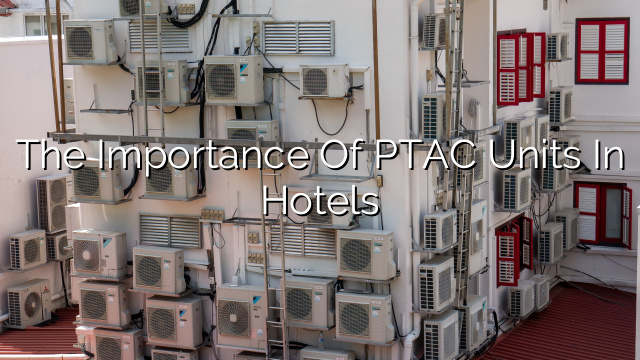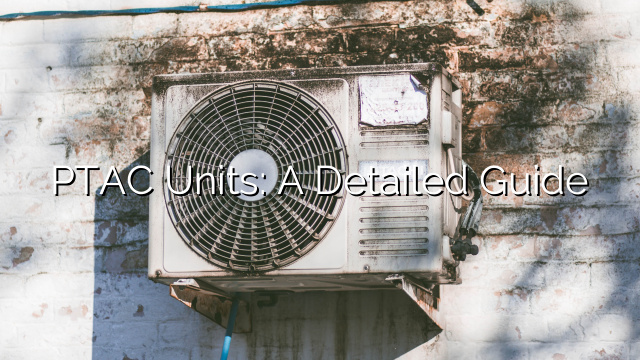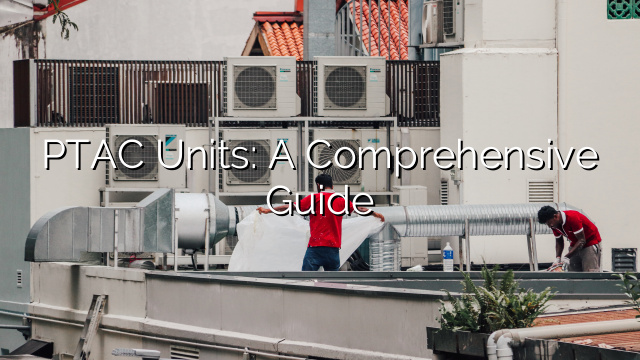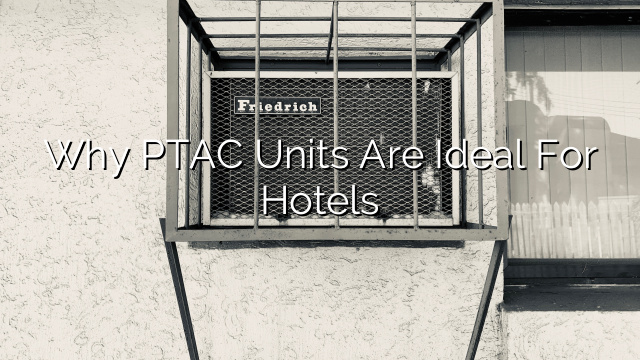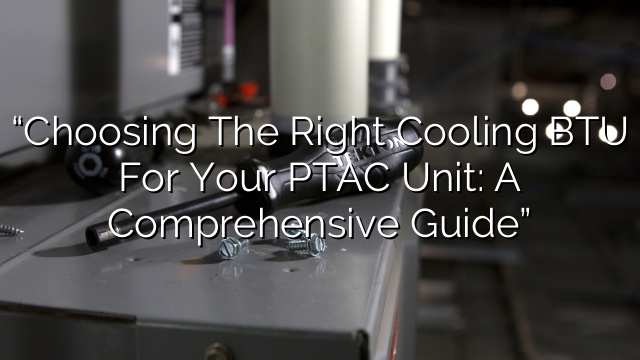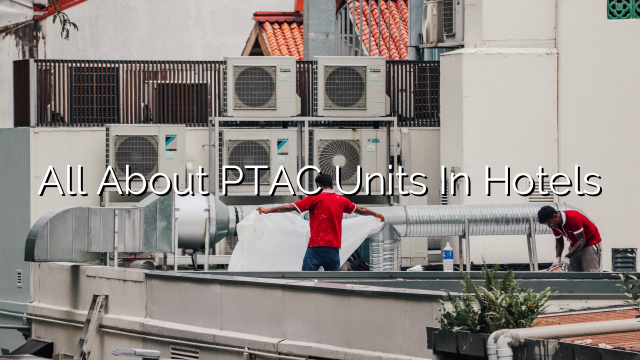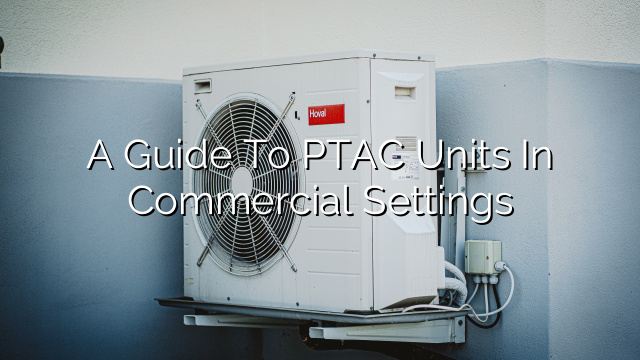What is a PTAC Unit?
A PTAC (Packaged Terminal Air Conditioner) unit is a type of self-contained heating and cooling system that is commonly used in hotels, motels, and apartments. It is an all-in-one unit that can be installed through an external wall and provides both heating and cooling for individual rooms or units.
How Does a PTAC Unit Work?
A PTAC unit works by drawing in outside air through the front of the unit and then passing it over a coil filled with refrigerant. The refrigerant absorbs heat from the air, which cools it down. The cooled air is then blown into the room, while the warm air is exhausted through the back of the unit.
Benefits of PTAC Units
1. Individual Temperature Control: One of the main advantages of PTAC units is that they allow for individual temperature control in each room or unit. This means that occupants can set the temperature to their own preference, providing a comfortable environment for everyone.
2. Energy Efficiency: PTAC units are designed to be energy-efficient, allowing users to save on their energy bills. They are equipped with features such as adjustable thermostats, fan speed controls, and sleep modes, which help to regulate and optimize energy consumption.
3. Easy Installation: Installing a PTAC unit is relatively simple and straightforward. It can be installed through an external wall, eliminating the need for complex ductwork or extensive modifications to the existing HVAC system.
4. Cost-Effective: PTAC units are an affordable heating and cooling solution, especially for smaller spaces such as hotel rooms or individual apartments. Due to their compact size and energy efficiency, they require less maintenance and offer cost savings over time.
Common Uses of PTAC Units
1. Hotels and Motels: PTAC units are commonly used in hotels and motels, where they provide individual temperature control for each guest room. They are easy to operate and maintain, making them a popular choice in the hospitality industry.
2. Residential Buildings: PTAC units are also used in residential buildings, particularly in apartments and condominiums. They offer tenants the convenience of individual temperature control and are cost-effective for property owners.
3. Office Buildings: Some office buildings may use PTAC units in individual offices or small meeting rooms. This allows occupants to control the temperature to their comfort level, improving productivity and comfort in the workplace.
4. Temporary Structures: PTAC units are often used in temporary structures such as portable classrooms, construction trailers, or event tents. They provide a quick and efficient way to heat or cool these spaces without the need for extensive HVAC installations.
Tips for Maintaining and Troubleshooting PTAC Units
- Regular Cleaning: It is important to regularly clean the filters and coils of a PTAC unit to ensure optimal performance. This can be done by vacuuming or washing the reusable filters and removing any debris from the coils.
- Checking for Leaks: Inspect the unit for any refrigerant leaks, which can cause a drop in cooling performance. If a leak is detected, it is best to contact a professional technician for repairs.
- Proper Ventilation: Ensure that the PTAC unit is properly ventilated, with enough clearance around the front and back of the unit. This allows for proper airflow and prevents overheating.
- Addressing Strange Noises: If the PTAC unit is making unusual noises, it may be an indication of a problem. Check for loose or damaged parts, and consult a professional if necessary.
- Regular Maintenance: Schedule regular maintenance checks by a qualified technician to ensure that the PTAC unit is in good working condition. This can help identify any potential issues and prolong the lifespan of the unit.
In Conclusion
Understanding PTAC units and their benefits is important, especially if you are considering installing them in your hotel, motel, apartment, or office building. With their individual temperature control, energy efficiency, ease of installation, and cost-effectiveness, PTAC units offer a convenient and economical solution for heating and cooling. Proper maintenance and troubleshooting can help ensure their optimal performance and longevity.



